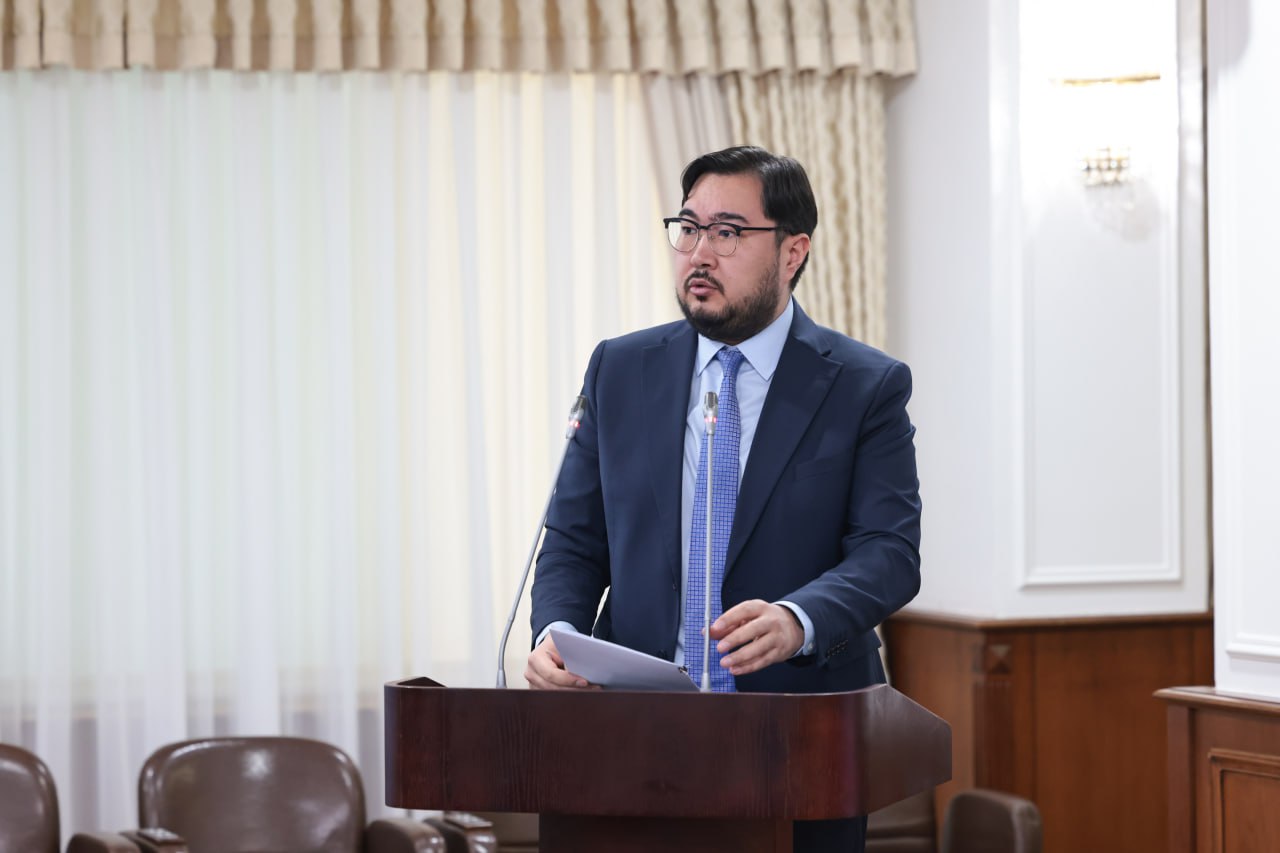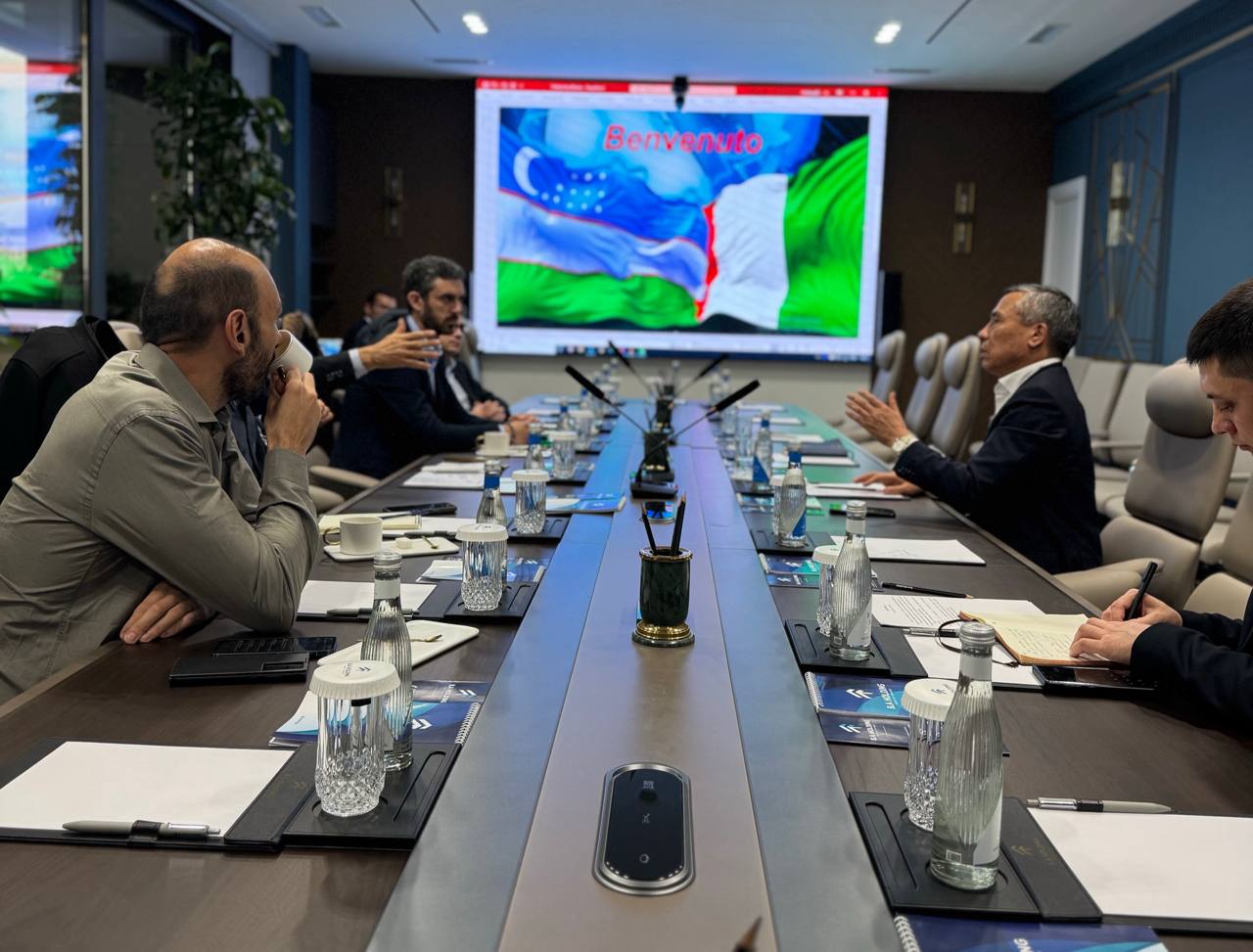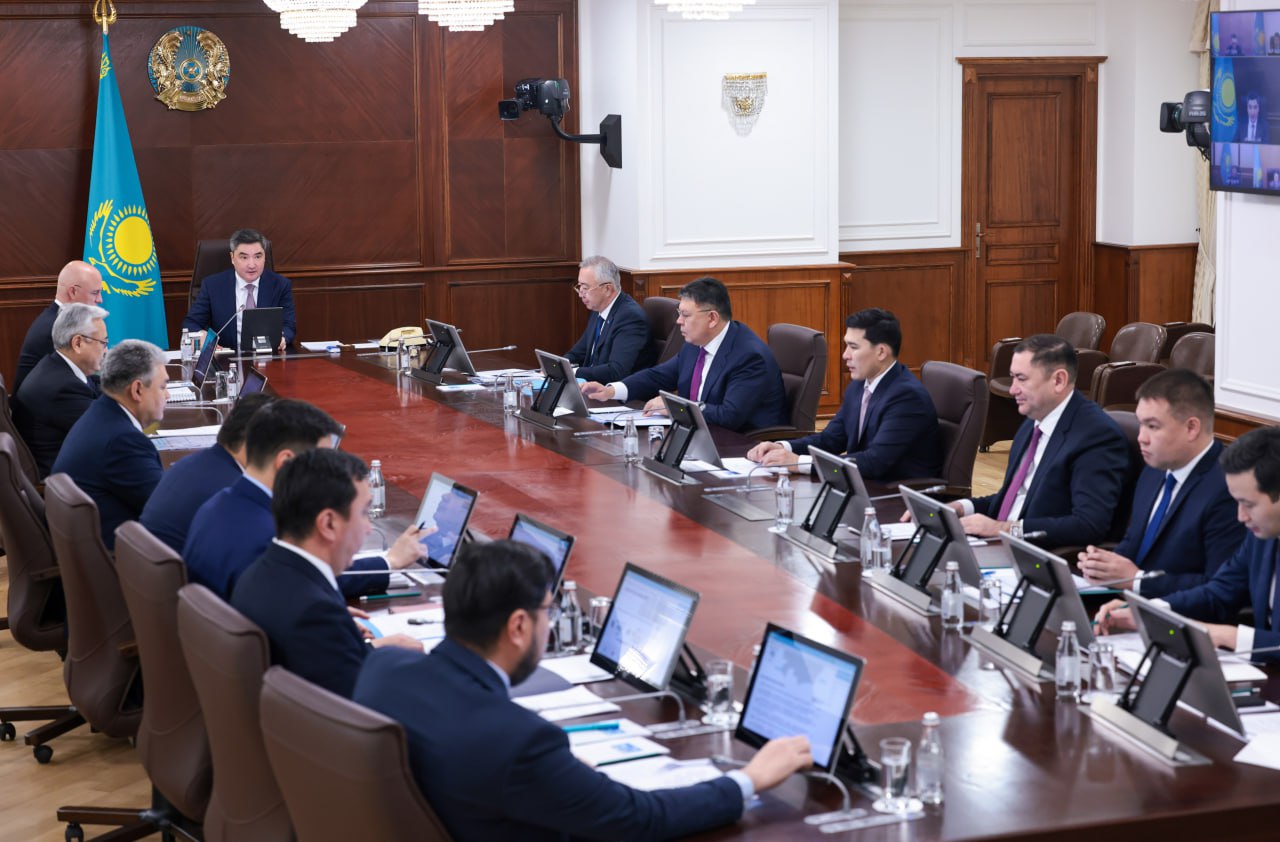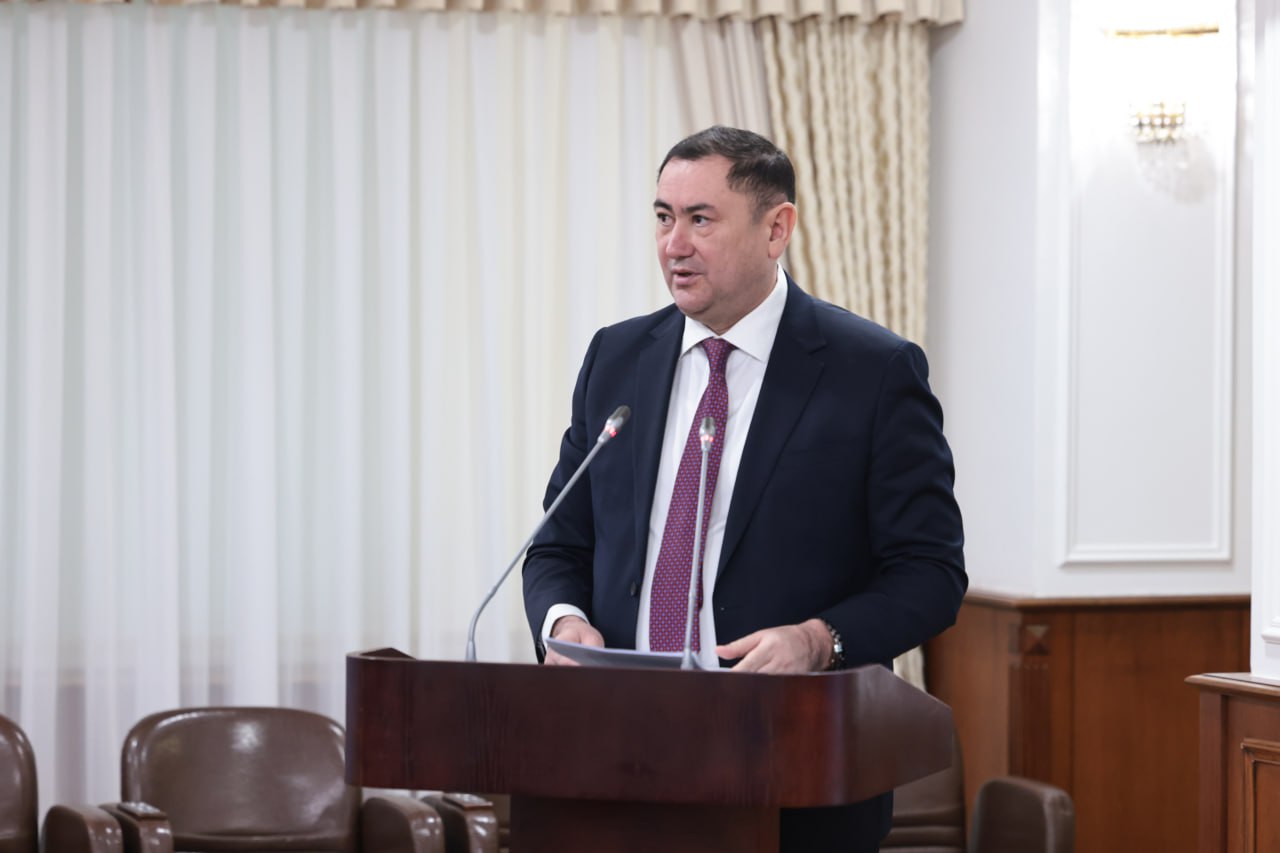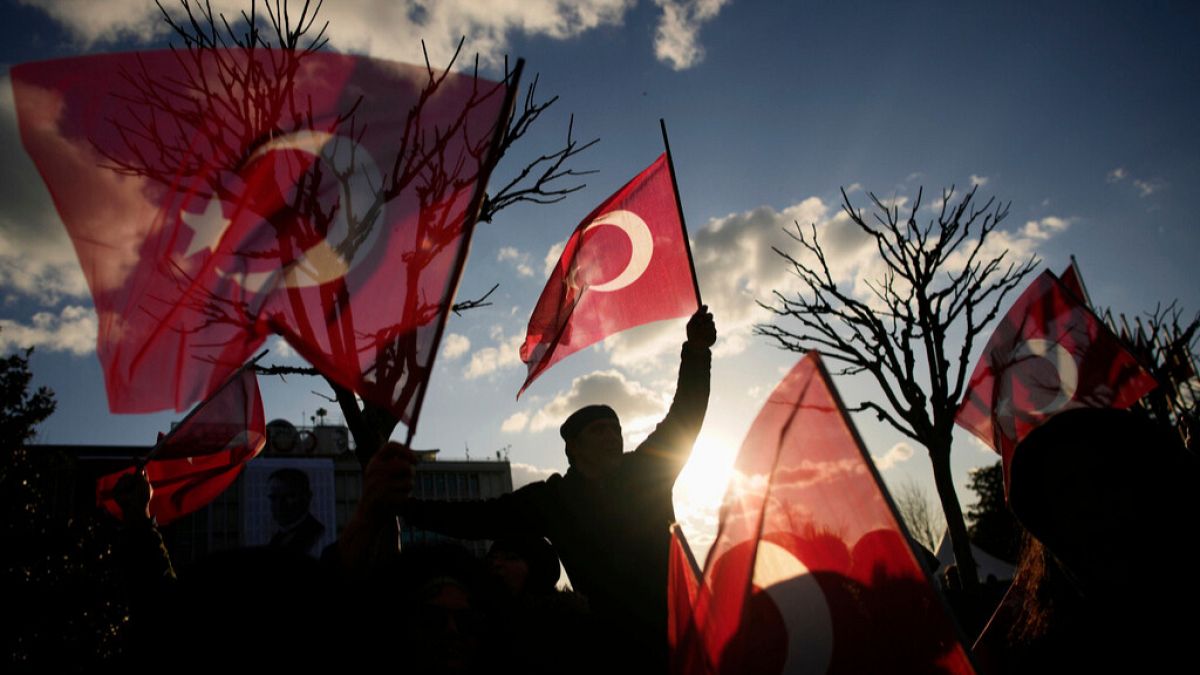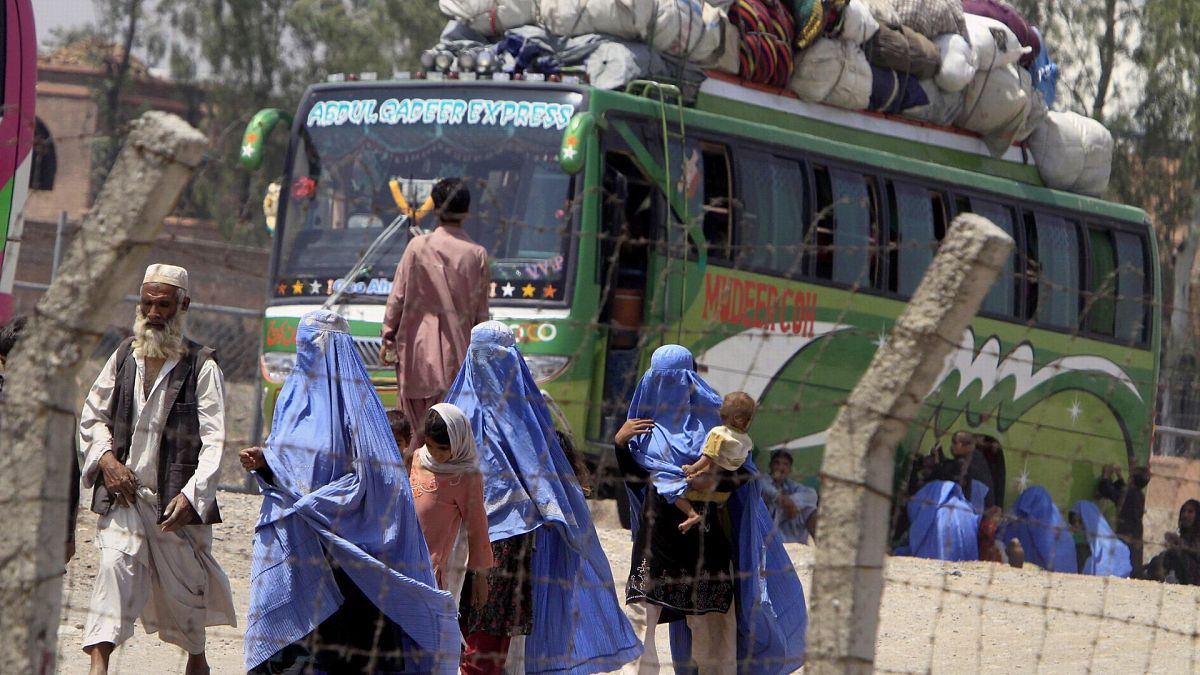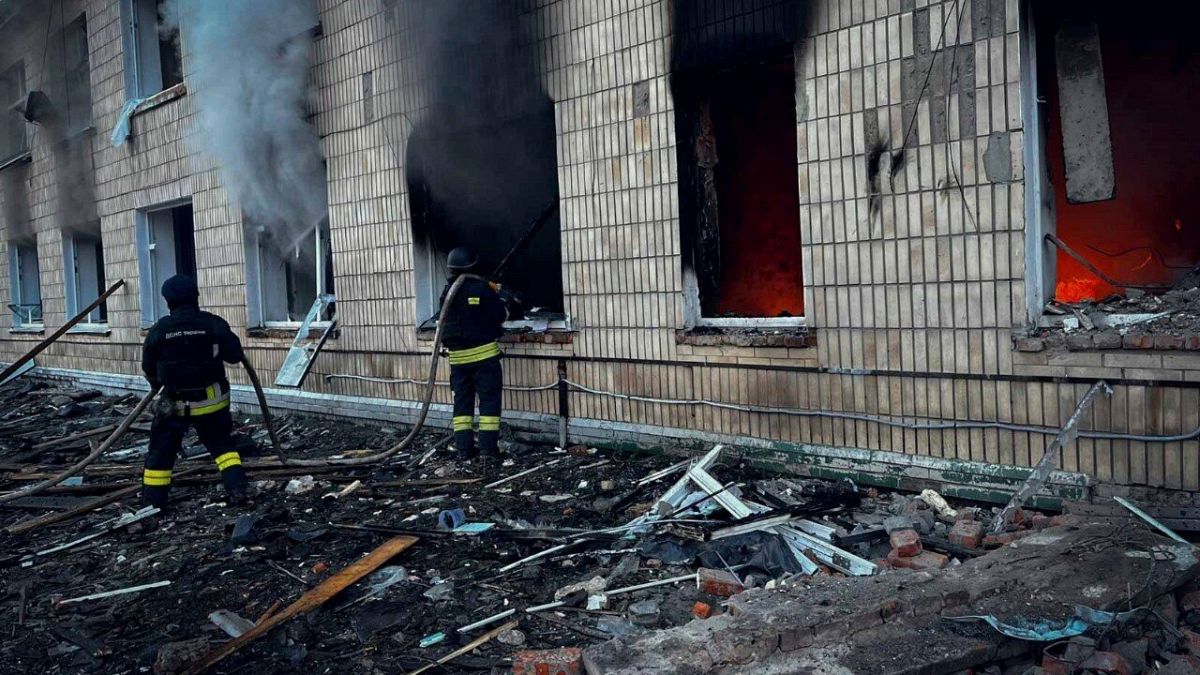Šefčovič: The European Commission wants to take into account the priorities and concerns of the EU in the long-term budget

Brussels – The proposal for the long-term budget of the European Union (EU) for the period 2028 – 2034, which the European Commission (EC) will present on Wednesday (July 16) at noon, will really only be the first proposal that attempts to address the greatest needs and concerns of Europeans. This was stated by the European Commissioner for Trade and Economic Security Maroš Šefčovič, as reported by TASR.
The Slovak European Commissioner clarified that, first and foremost, it will be a proposal that must reflect a number of new priorities facing the EU.
“This means that member states expect us to do much more against illegal migration, that we will have a much stronger defense policy. There is a great interest in investing more resources to strengthen the competitiveness of the European economy while maintaining the importance of traditional policies such as cohesion policy and the common agricultural policy,” he described the situation.
According to him, it is a “living process” and the EU executive will work on fine-tuning this proposal until the last moment, possibly until Wednesday morning.
He pointed out that on Monday (July 14) and Tuesday, there was an intensive dialogue among all the directorates-general of the EC and also among individual European Commissioners to find a convergence of all the main priorities in the proposal for the multiannual financial framework.
The proposal that the EC will present on Wednesday for assessment by the governments of the member countries and the wider public will further be addressed by the European Parliament and the EU Council (July 15).
“Member states expect us to do much more against illegal migration, that we will have a much stronger defense policy. There is a great interest in investing more resources to strengthen the competitiveness of the European economy while maintaining the importance of traditional policies such as cohesion policy and the common agricultural policy.” Maroš Šefčovič

